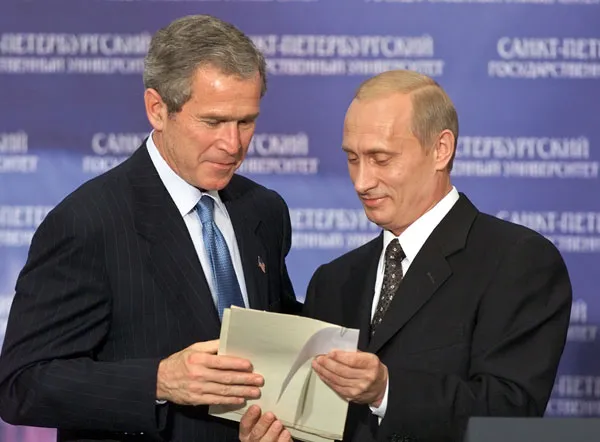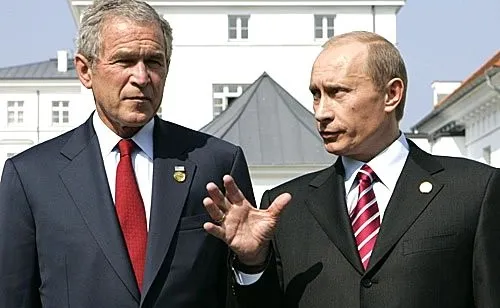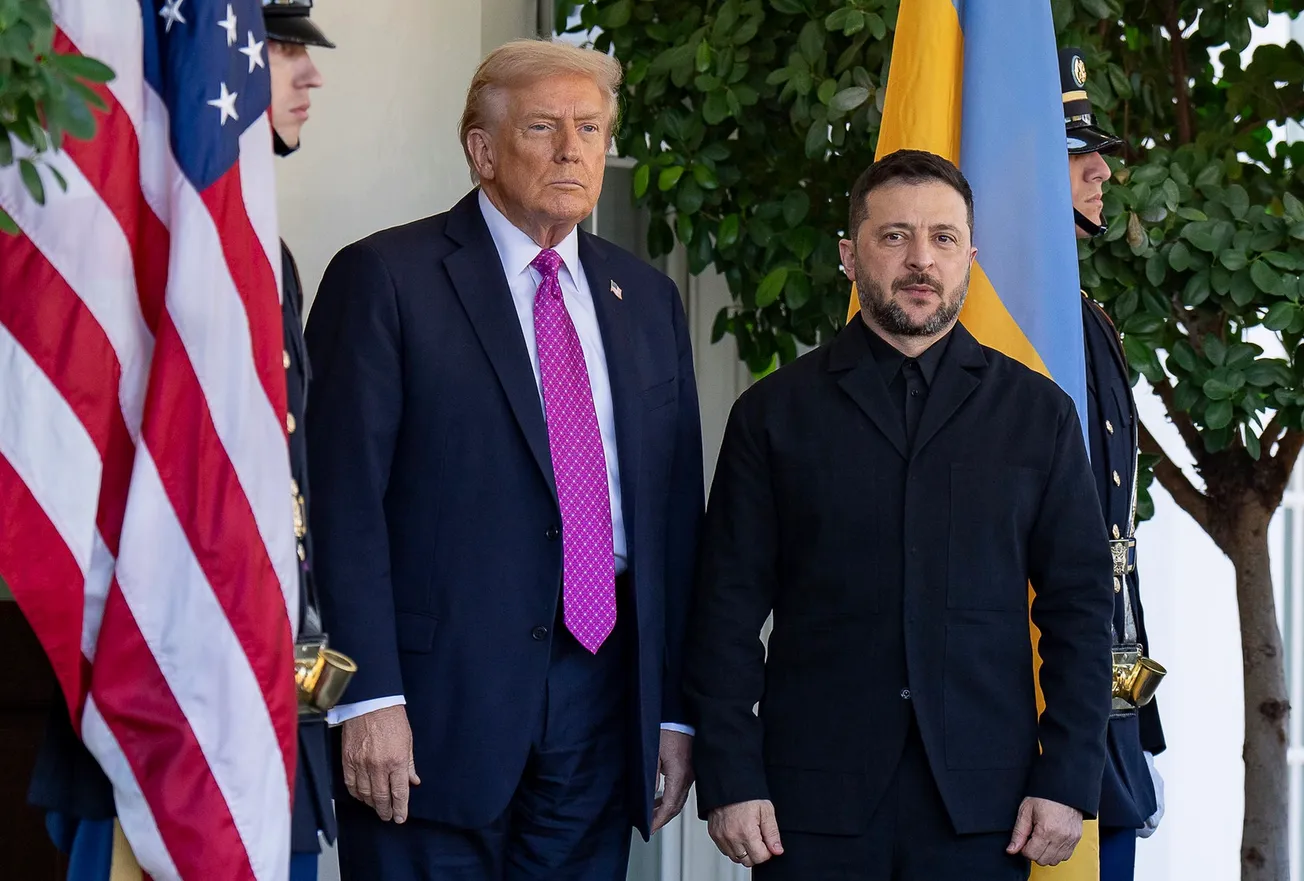Should Green chancellor candidate Annalena Baerbock win the national election on Sept. 26 and become the country’s first Green chancellor, it would be “a significant milestone for Green politicians across Europe,” CNN declared, quoting Nicolas Wright, lecturer in EU politics at University College London, as saying that “there is something of the Tony Blair about her.” Wright told CNN that, were the Greens to emerge victorious in September, it would bolster “the ‘green surge’ that seems to have been taking place across the continent in the last few years.”
“A Green Chancellor in the most powerful [EU] state sends a powerful message of what is possible,” Wright went on. “With the center-left in the electoral doldrums almost everywhere, the Greens are emerging as a realistic progressive alternative. A win in Germany would be a huge fillip.”
Portraying a Green election victory as a “dramatic political earthquake [which] would be as strongly felt as in Germany’s neighbors to the East,” wrote Luka Ivan Jukic in an op-ed for Al-Jazeera, saying that “it is not just geographical proximity that makes developments in Germany reverberate in Central European countries like Poland, Czechia, Slovakia, Hungary, Croatia, Slovenia and others. Germany’s sheer economic weight, and the close political relations it formed with Central European countries during the Merkel years, mean that a Green government in Berlin would significantly change regional dynamics.”
“Over the last two decades, trade between Germany and Central European countries grew immensely. Trade between Poland and Germany alone grew from $15.7 billion in 2003 to $87.5 billion in 2014, a 457% increase,” Jukic writes. “By 2019, that already impressive number had increased further to $148 billion. Moreover, seasonal labour from Central and Eastern Europe is key to Germany’s agricultural sector, and the German automotive industry has opened major factories in several central European countries such as Slovakia, Czechia, Hungary and Poland.”
Green parties in Central Europe are still not decisive actors in mainstream politics, Lukics maintains, but “nevertheless, the massive flow of labour, goods and investment between Germany and the rest of Central Europe will likely keep Berlin and its neighbors to the East close even under a Green chancellorship. Moreover, if they take over Germany’s leadership in September, the Greens will have an opportunity to move [armtwist, that is—ed.] regional governments on the issue that matters to them above all others: climate change ... a Green chancellorship can still use Germany’s economic clout to move Central Europeans towards greener politics and policies.
“Central Europe will not turn Green overnight but come September, Germany might. What that will mean for Central Europe is new political divides, but also new opportunities. Ones that could lead not only to a greener Germany, but to a greener Europe. A greener Central Europe, at least,” Jukic says.




